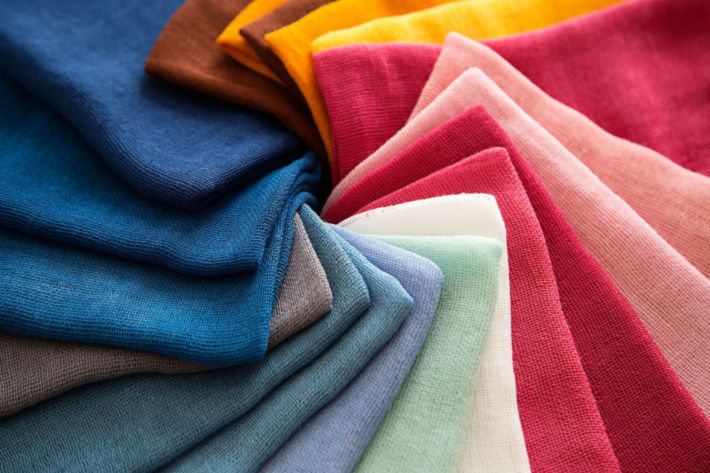
The issue came up for discussion late last month during the Africa Textile Talks panel discussion. The discussion centred around farm-to-fashion strategies, highlighting the importance of locally-produced apparel, and reigniting the sustainable fashion philosophy, according to a report in a South African newspaper.
Farmers, producers, designers and retailers benefitted from a thriving cotton textile industry in South Africa, but that changed when South Africa opened to trade with China in the late 1990s.
As retailers started importing cheaper fabric and clothing from China, the demand for local production reduced and the domestic manufacturing industry's capacity sharply dropped.
From around 20 cotton spinning plants in the early 2000s, the country had just four in early 2010s. Cotton lint output had fallen by more than 90 per cent by 2012.
Natasja Ambrosio, head of sustainable value chain for cotton at the Mr Price Group, said Mr Price's push towards procuring locally-farmed cotton started in 2013 when it received criticism for destroying the domestic cotton industry by importing from China.
Ambrosio said most of its procurement had shifted to Africa in recent years, with up to 75 per cent of some of Mr Price's businesses relying solely on domestic production.
Fibre2Fashion News Desk (DS)